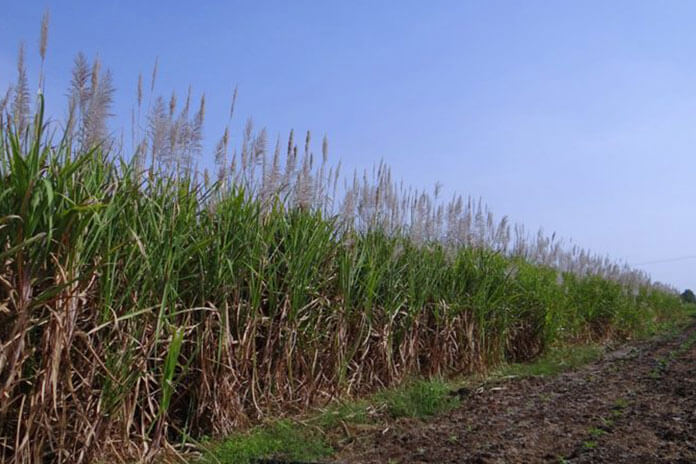BELIZE CITY, Belize. Tues. Apr. 27, 2021– Belize’s sugar industry is taking new measures to ensure resilience in the country’s sugar cane production. This week, the Belize Sugar Industry Limited (BSI) along with the Sugar Industry Research and Development Institute launched the first phase of the “Building the Adaptive Capacity of Sugarcane Farmers in Northern Belize” project. The five-year initiative is being funded by the Green Climate Fund and is accredited by the Caribbean Community Climate Change Centre (CCCCC).
The research being carried out will focus on the vulnerability of Belize’s agriculture sector to climate change, in light of the decline in yields of sugarcane due to the long periods of drought followed by short periods of excessive rainfall. Additionally, the project also focuses on our sugarcane’s exposure to pests such as the froghopper, the “stem-borer” and other insects that are detrimental to crop growth. The aim is to expand the capacity of the sugarcane variety development program to produce varieties resistant to droughts, floods and climate-induced pests and diseases.
The issues being faced by cane farmers due to fickle climate conditions is far from new, however. The BSI has reportedly been investing in the program’s research and development for an extended period. Crop models based on past data are indicating a decrease in sugarcane yield of twenty to forty percent under a double carbon dioxide climate change scenario. In their concept note, the CCCCC underscores the relevance of the project by referencing Belize’s National Climate Change Policy, Strategy and Action Plan to Address Climate Change, which was developed in 2014:
“The document highlights that economically important crops in Belize such as sugarcane will be adversely affected by warmer weather from high temperature along with flooding, saline intrusion, and soil salinization, leading to low agricultural yields As a consequence, the policy document provides a list of short and near-term measures to address critical gaps in technological developments relevant to crop productivity, better soil management practices, diversification of drought resistant crops and farm production adaptations, which include land use, land topography and increasing use of low-water irrigation systems. These recommendations are consistent with the proposed project activities and are also highlighted in policies and strategies specific to the Agriculture sector,” stated the CCCCC.
Despite these alarming statistics, however, executives of the sugar industry are very pleased to see the launch of this project, as they believe it will fortify cane farmers’ response to the natural stressors affecting their crops.
The effectiveness of the project will be determined through the placement of various parcels of sugarcane varieties in different “agro-ecological” zones. The cane will then be monitored to determine which varieties are faring better against the climate changes and pests in comparison to the commercial sugar being produced currently.

